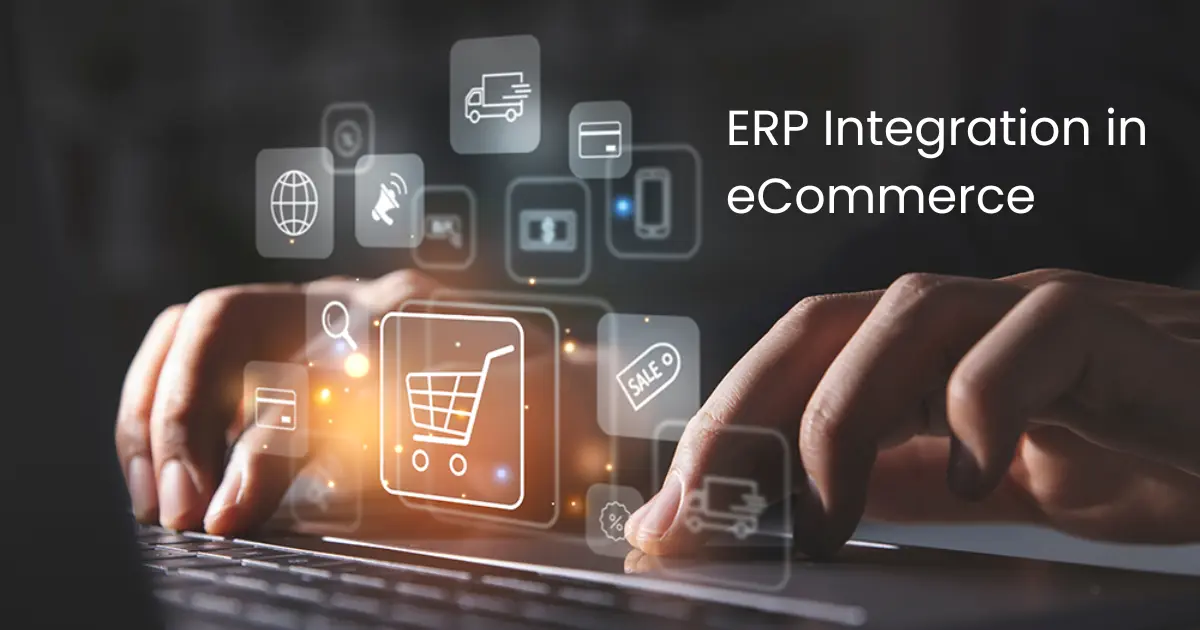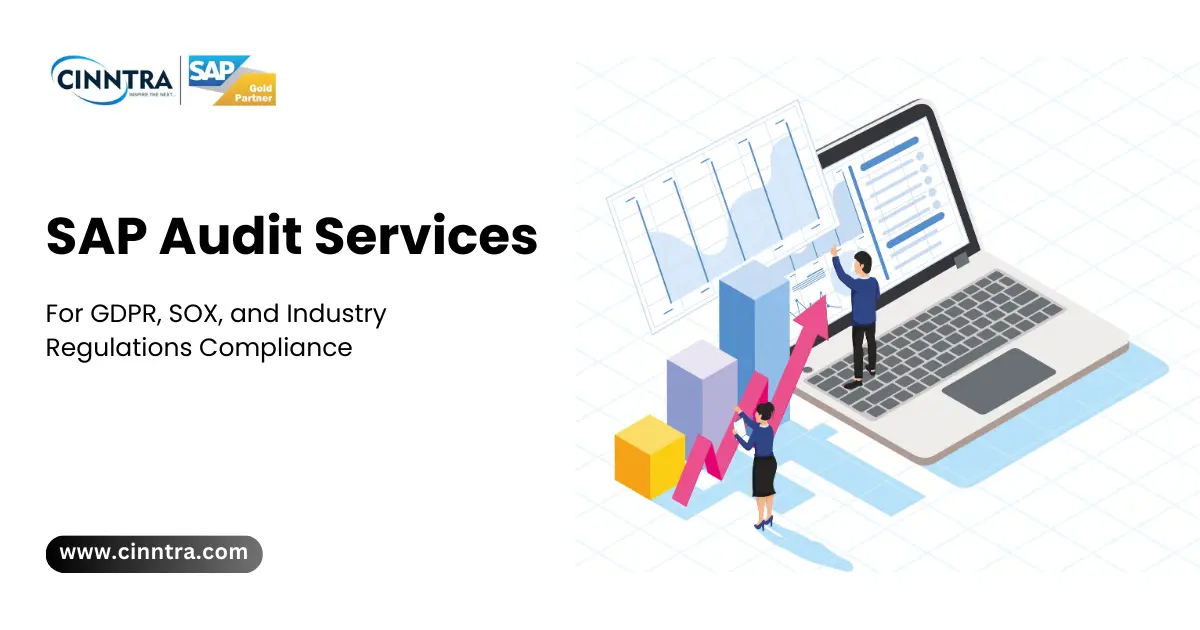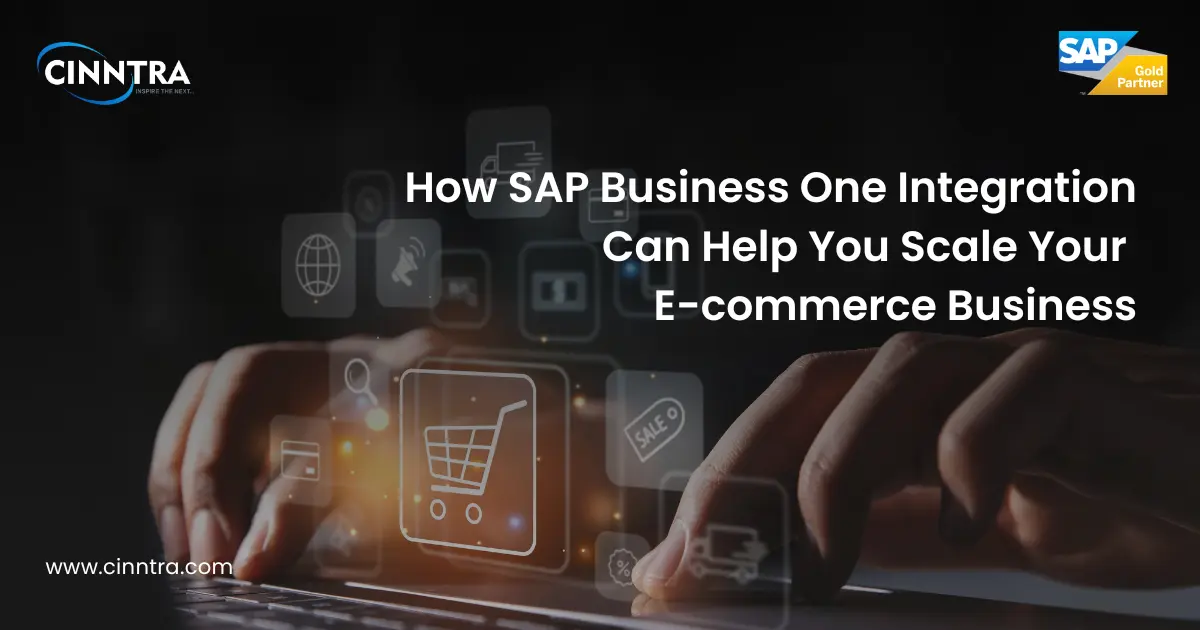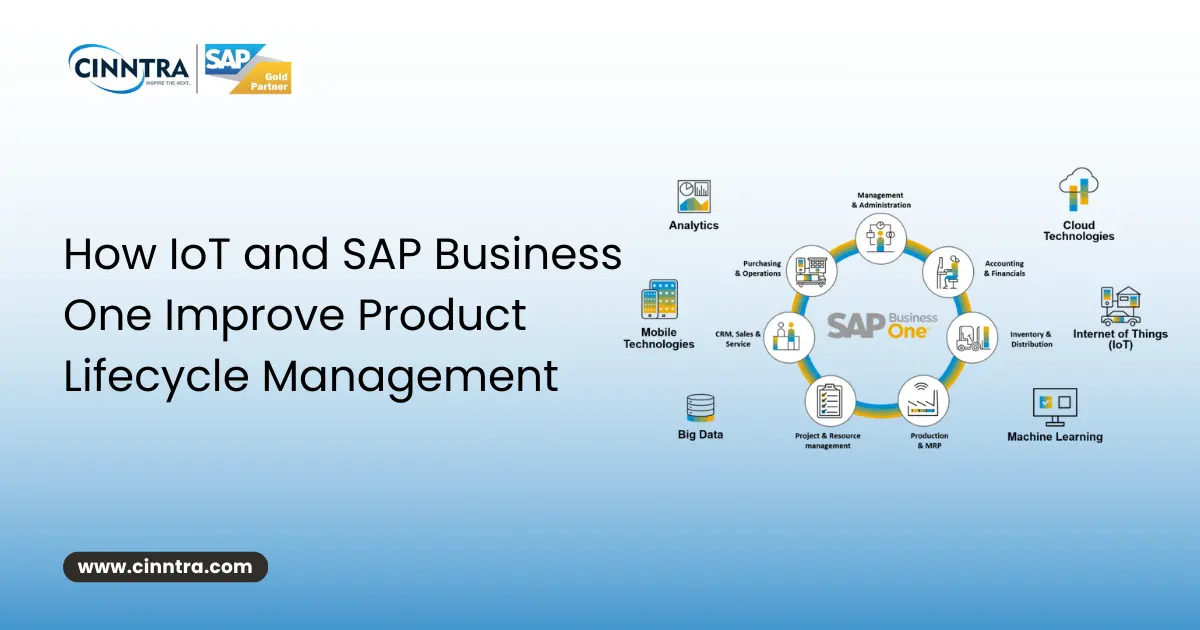ERP Integration in eCommerce: A Seamless Approach to Managing Operations

Managing e-commerce business sometimes creates complex issues that can only be solved by establishing centralized as one entity. These components go through multiple processes that cover resource management, inventory control, and internal communications.
Despite that the complexity of running e-commerce operations because each part usually operates in its own system of doing different tasks.
Hence, organization must make sure that all departments will synergize effectively in achieving operational capabilities and profitability. This is the Role of ERP integration in e-commerce.
What is ERP eCommerce Integration?
ERP tailoring for e-commerce means a systematic way that you connect your ERP system with an e-commerce platform to share data with others seamlessly without any human intervention.
ERP ECM integration is the otherwise well-organized path that connects an organization's ERP system to its e-commerce platform. This integration reduces manual data transfers and allows real-time synchronization of key business information.
This integration allows businesses to instantly access, manage, and analyze all their data in one single tool which reduces the need of switching between different Software Suites.
The average e-commerce platform is geared towards order, payment capture, inventory management and a functional customer centric.
However, SAP or NetSuite ERP integration system runs over pagers other than 'order processing' tasks which mainly refer to the departments of finance and accounting, operations execution, and fulfillment.
When the two axles are joined together, it helps in the improvement of operational efficiency and productivity. This is where the ERP system acts like a data repository for all the data aggregation, making daily operations simplified and these process automated segments along with reducing the many times of change that need as accurate data.
In essence, eCommerce ERP integration provides a comprehensive view of all enterprise applications, offering instant insights into performance metrics and data quality. This integration allows businesses to consolidate legacy systems into a unified platform with a single source of truth for data management. As such, understanding ERP eCommerce integration is crucial for businesses aiming to enhance operational efficiency and adapt to the ongoing digital transformation.
How does eCommerce ERP Integration Work?
eCommerce platforms: Magento, Shopify, and BigCommerce Integration are where we choose integration based on web and mobile enhancing the core features necessary. But these platforms are different from full-blown eCommerce ERP solutions that address both fronts sales end to the back office operational functions.
ERP integration is of utmost importance in the consolidation and optimization of data with respect to other processes in an efficient manner while integrating an eCommerce platform.
Making the integration process as smooth as possible can be easy once you follow these systematic steps.
Key considerations include
System Type: Is your ERP in the Cloud or on-premises? Depending on if the solutions are SaaS-based, it is recommended to ask the vendor for integration steps for a cloud-based solution, or ERP software development firm.
There are 4 Different Integration Methods:
The best approach with this type of integration would translate into giving an ERP mod is a 2-way path to your e-commerce platform by means of point-to-point methodology.
However, it reduces scalability and options for customization. On the other hand, an Enterprise Service Bus (ESB) for example can help with the integration by being the intermediate application that connects different ones.
Integration Platforms: Use an Integration Platform as a Service (IPaaS) or Hire Third-party Integrators such as Magento ERP integration to link your ERP with e-commerce platforms. Executing the steps required to begin a custom eCommerce ERP integration
Start identifying your E-Commerce Apps and Platforms:
Which software you are going to integrate with, identify the exact e-commerce platforms your ERP system needs to go into. You need to be clear if you will work on a single core platform or multiple applications.
Pinpoint Key Data
The top data must be for integration orders, customer information, and financial data for higher priority based on what really matters. Spot Your Manual Processes especially when it comes to tasks that can be automated, like dealing with the books or manual inventory count.
Choosing the Right ERP
Selecting the right ERP can help you with the volume and security as per your business needs whether it is on-premise or cloud-based. Businesses can also choose to build their own custom ERP solutions, that cater to only the specific requirements.
Determine the Integration Method:
How you will integrate your e-commerce platform with the ERP system. Some of this could be using an API from your platform, native integrations within ERP, or third-party functionally integrated applications.
Integrate ERP Systems with e-Commerce Platform Effectively
There is a major benefit for businesses to integrate ERP systems with e-commerce platforms, in today's digital world they need it.
Automation allows for the two business functions to communicate with each other smoothly and process, allowing organizations to significantly increase their productivity and decision-making.
Businesses will have to implement all-stakeholder technology support with eCommerce SAP ERP integration in the future to survive long-term competition in this constantly changing and evolving marketplace.






0 Comments